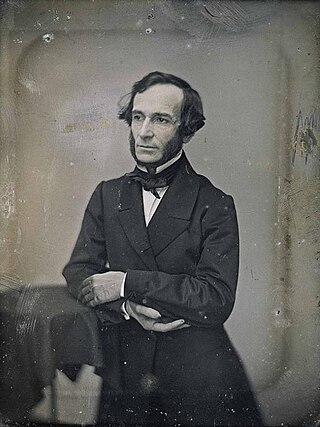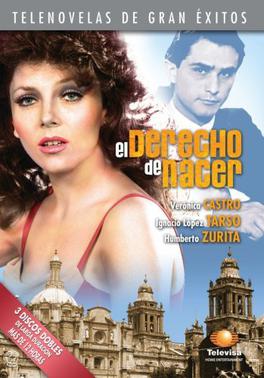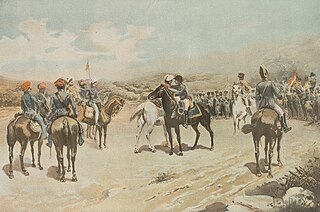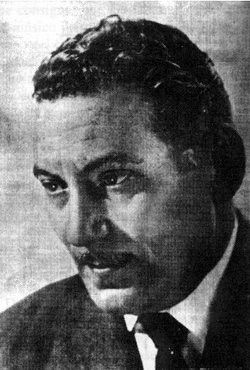External links
Films directed by Carlos Rinaldi | |
|---|---|
|
| | This article related to an Argentine film of the 1960s is a stub. You can help Wikipedia by expanding it. |
It is proposed that this article be deleted because of the following concern:
If you can address this concern by improving, copyediting, sourcing, renaming, or merging the page, please edit this page and do so. You may remove this message if you improve the article or otherwise object to deletion for any reason. Although not required, you are encouraged to explain why you object to the deletion, either in your edit summary or on the talk page. If this template is removed, do not replace it . The article may be deleted if this message remains in place for seven days, i.e., after 22:49, 22 December 2022 (UTC). Find sources: "El Derecho a la felicidad" – news · newspapers · books · scholar · JSTOR Nominator: Please consider notifying the author/project: {{ subst:proposed deletion notify |El Derecho a la felicidad|concern=Appears to fail [[WP:NFILM]] as no reviews found in a BEFORE. Perma-stub since 2007}} ~~~~ |
| El Derecho a la felicidad | |
|---|---|
| Directed by | Carlos Rinaldi |
Release date |
|
| Country | Argentina |
| Language | Spanish |
El Derecho a la felicidad is a 1968 Argentine film directed by Carlos Rinaldi.

Juan Bautista Alberdi was an Argentine political theorist and diplomat. Although he lived most of his life in exile in Montevideo, Uruguay and in Chile, he influenced the content of the Constitution of Argentina of 1853.
Gonzalo Parra-Aranguren was a judge at the International Court of Justice in The Hague, Netherlands. He was born in Caracas, Venezuela, and was married to María Trinidad Pulido Santana. He served as a Professor at The Hague Academy of International Law in 1988. He is the author of numerous legal textbooks.

El derecho de nacer is a Mexican telenovela produced by Ernesto Alonso for Televisa in 1981. Based on the Cuban radionovela of the same name written by Félix B. Caignet adapted for TV by Fernanda Villeli and directed by Raúl Araiza.

The Convention of Vergara, entered into on 31 August 1839, was a treaty successfully ending the major fighting in Spain's First Carlist War. The treaty, also known by many other names including the Embrace of Vergara, was signed by Baldomero Espartero for the Isabelines and Rafael Maroto for the Carlists.

Carlos Rinaldi was an Argentine film director, film editor and screenwriter.

María Aurelia Bisutti was an Argentine film and TV actress, with over 50 Argentine cinema and television credits between 1948 and 1993, as well as numerous roles in the theatre.

Pilar Mercedes Miró Romero was a Spanish screenwriter and film director. She was the General Director of RTVE from 1986 to 1989. In the 1990s, she directed the television broadcasts of the weddings of the daughters of King Juan Carlos I.

Sergio Vela is a Mexican-American opera director, designer, radio and television host, musician, lawyer and academician.

Josep Maria Pou i Serra is a Catalan Spanish film, theatre and television actor.

Juan Carlos Altavista was an Argentine actor and comedian.

Andrés Roemer Slomianski is a Mexican writer, producer and former ambassador to UNESCO.

The vice president of Panama is the second-highest political position in the Government of Panama. Since 2009, the position of Vice President has been held by only one person.

El derecho de nacer is a Mexican telenovela produced by Carlos Sotomayor for Televisa. It aired on Canal de las Estrellas from February 5, 2001 to May 25, 2001. It is a remake of the popular 1981 telenovela of the same name.
Arriba las mujeres is a 1943 Mexican film. It was directed by and starring Carlos Orellana. Also starring in the film are Consuelo Guerrero de Luna, Antonio Badú and Pedro Infante. Although Infante appeared in several films, this is the only film that he did not sing.

Amy, la niña de la mochila azul is a Mexican telenovela produced by Televisa in 2004. Starring Danna Paola, Nora Salinas and Eduardo Capetillo, while Pedro Armendáriz Jr. and Tatiana star as co-protagonists with Alejandro Tommasi, Lorena Herrera, Alejandra Meyer, Manuel Landeta and Alejandra Procuna as antagonists.

Matías Barrio y Mier (1844–1909) was a Spanish law academic and a Carlist politician. He served as a scholar of jurisprudence at various universities, though mostly in Oviedo (1881-1892) and Madrid (1892-1909), and authored manuals used by students until the 1930s. He is best known, however, as the Carlist political leader (1899-1909). As a Traditionalist he served 9 terms in the Cortes, initially during the rule of Amadeo I (1871-1872) and then during the Restoration period.

Alberto Amado Ribero, known professionally as Tito Ribero, was an Argentine film score composer, composer, singer, and musician. In addition to having his own orchestra, he provided the film scores to over 200 movies, at his most prolific in the 1950s and 1960s. For Del otro lado del puente he won the Silver Condor Award for Best Original Score from the Argentine Academy of Cinematography Arts and Sciences in 1953.

Irma Roy was an Argentine actress and politician who served in the Chamber of Deputies from 1995 to 2005. Her daughters, Carolina Papaleo, Lydia Valeiento also became actresses.

María Eugenia Rodríguez Palop is a Spanish jurist, professor of Philosophy of Law at the Charles III University of Madrid (UC3M), specializing in human rights.
Time of Happiness is a 1997 Spanish film directed and written by Manuel Iborra. Its cast features Verónica Forqué, Silvia Abascal, María Adánez, Carlos Fuentes, Pepón Nieto, Liberto Rabal, Fele Martínez, and Antonio Resines, among others.